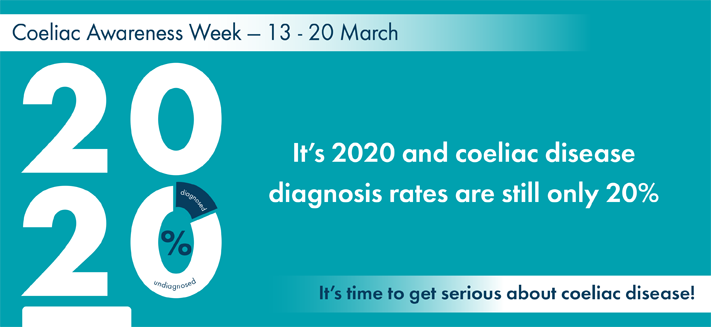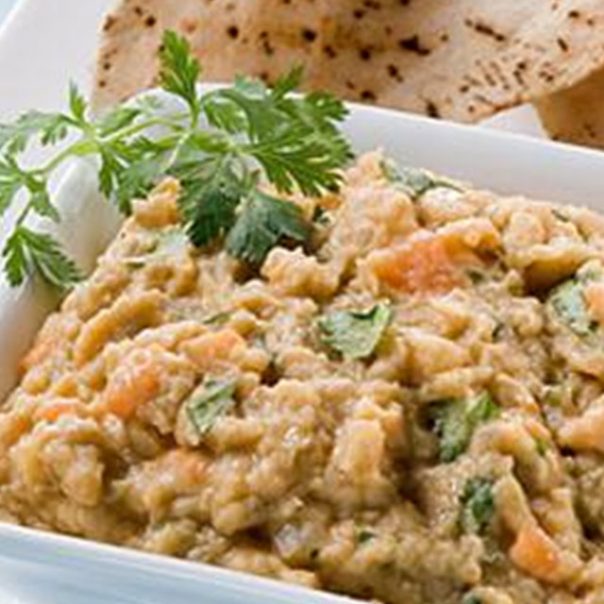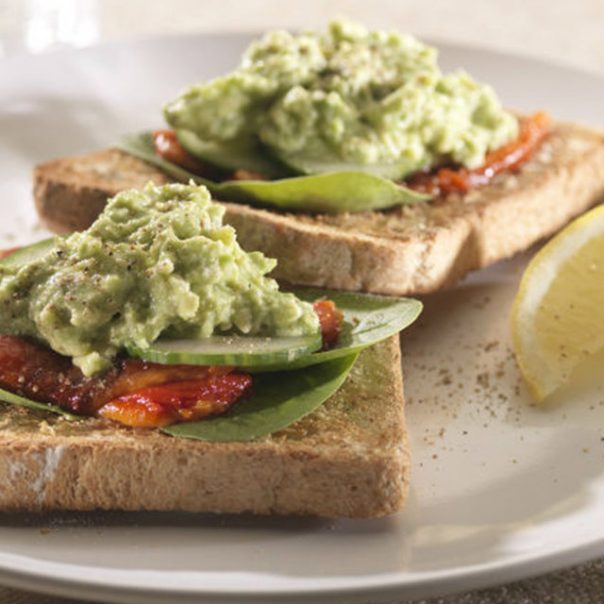This week, 13—20 March, is Coeliac Awareness Week, which aims to raise awareness about coeliac disease and the need for it to be treated seriously.
Coeliac disease is a permanent autoimmune disorder that causes an intestinal reaction to the gluten found in wheat, barley, rye, and oats.
Here in Australia, it is estimated that more than 355,000 people have coeliac disease — that’s 1 in 70 people. But, a staggering 80 per cent of those people don’t know that they have it. While there has been an increased awareness of the disease within the general community in recent years, there is still a huge gap in people’s understanding of what it is and what symptoms to look out for. Many people may be suffering for several years before seeking a diagnosis.
Coeliac Australia has been working hard to raise the profile of coeliac disease with medical professionals and the broader community. They hope that by raising awareness we can improve Australia’s low diagnosis rate, encouraging more people to seek help and ultimately feel better.
Could you be at risk?
There are more than 200 symptoms of coeliac disease, with the most common being bloating and pain in the stomach, digestive issues like diarrhoea, vomiting and constipation, weight loss and fatigue. Because coeliac disease limits your ability to absorb vital nutrients it can lead to many other medical conditions. Left untreated, coeliac disease can cause chronic ill health and lead to liver disease, osteoporosis, other autoimmune illnesses and cancer.
A diagnosis of coeliac disease is the first important step to managing symptoms and reducing the risks of long term health problems. If you think that you or someone you know could be at risk of coeliac disease, we encourage you to take the quick online assessment from Coeliac Australia.
Eating a healthy gluten-free diet
For those eating any free-from diet, making sure you are still getting essential nutrition is really important. Gluten itself doesn’t contain any vital nutrients, however, according to Harvard Health, gluten-free foods are commonly less fortified with folic acid, iron and other nutrients than regular, gluten-containing foods. And gluten-free foods tend to have less fibre and more sugar and fat.
Thankfully, there are a number of high-nutrition foods, like chia seeds, that are easy to incorporate into gluten-free meals. And, as luck would have it, our Chia Seeds Black 500g are now eligible for a ‘members only’ discount for Coeliac Australia members! If you’re a member of Coeliac Australia, you can get a 5% discount on this product when purchasing from a Woolworths store or from Woolworths Online.
Here are just a few of our favourite healthy, delicious gluten-free recipes:
Breakfast: Protein pancakes
Start your day with a stack of delicious, protein-rich chia pancakes. With almond meal replacing flour, coconut oil and chia “eggs,” this recipe is also great for vegans and dairy-free avoiders.
Lunch: Tuna Sweet Potato Jackets
With tuna and chia seeds both offering a rich source of healthy omega 3 fats, these sweet potato jackets are the perfect gluten-free lunch.
Snack: Banana Raspberry Muffins
Muffins without gluten, you say? Yep, you can do it. Hot tip: store these in the freezer and grab one on your way out the door in the morning. It’ll be thawed and ready to eat right on time for those 3pm hunger pangs!
Dinner: Chia & Zucchini Meatballs:
Who says you can’t enjoy a hearty, steaming plate of spaghetti and “meat”balls on a gluten-free diet?? This version (created by @healthyfrenchwife) is totally gluten-free and vegan.
Dessert: Berry Cheesecake:
Need we say more? The perfect way to end any day, this gluten-free dessert combines fresh, juicy raspberries with chocolate and an almond-meal base.
Balance is key
At The Chia Co., we believe in balanced, wholefood diets and that unnecessary food restriction should be avoided as much as possible. If you think you’ve been experiencing symptoms related to coeliac disease or gluten sensitivity, speak to your doctor before adopting a strict gluten-free diet.
Image credits:
Hero image via Coeliac Australia https://www.coeliac.org.au/
Chia Live photo by Frank Flores on Unsplash


